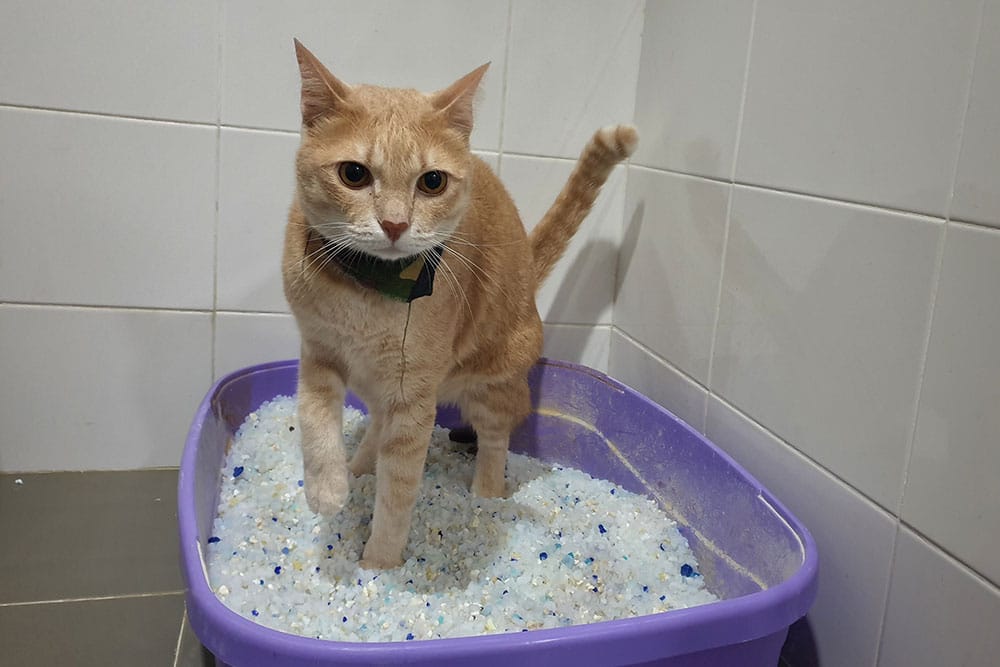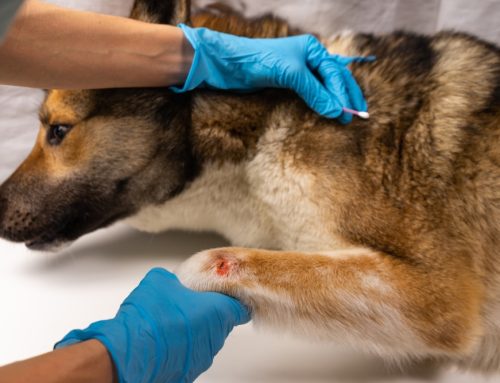Understanding Urinary Blockages in Male Cats
Urinary blockages in male cats are a serious, potentially life-threatening condition. At Fountain Valley Emergency Pet Hospital, we emphasize the importance of recognizing symptoms early, understanding the causes, and seeking prompt treatment to prevent severe complications.
Early Signs of Urinary Blockage in Cats
Recognizing early symptoms of urinary obstruction can mean the difference between life-saving treatment and a medical emergency. Signs to watch for include:
- Straining to urinate – Your cat may attempt to urinate frequently but produce little or no urine. This behavior can be mistaken for constipation.
- Frequent litter box visits – Your cat may visit the litter box often but only pass small amounts of urine or none at all.
- Vocalizing in pain – Crying out while trying to urinate is a sign of distress.
- Excessive licking – Persistent licking at the genital area can indicate discomfort.
- Lethargy and vomiting – A blocked bladder can lead to toxin buildup, causing severe illness.
A complete urinary blockage is an emergency that can lead to kidney failure, bladder rupture, and death within 24-48 hours. If you notice these symptoms, seek immediate veterinary care.
Causes of Urinary Blockages in Cats
Several factors contribute to urinary obstructions in male cats, including:
- Urinary stones – Hard mineral formations that block urine flow. Stones can form due to diet, dehydration, or genetics. Learn more from Urinary Stones in Small Animals – ACVS.
- Urethral plugs – A mixture of minerals, mucus, and cells that create a physical blockage.
- Urethral strictures – Scar tissue or inflammation that narrows the urethra.
- Feline Idiopathic Cystitis (FIC) – A stress-related bladder condition that can contribute to blockages.
Male cats are more prone to urinary blockages due to their narrower urethras. Proper hydration, diet, and stress management are essential in preventing recurrence.
For additional details, visit Urethral Obstruction in Cats – InternationalCatCare.
Diagnosing Urinary Blockages in Cats
At Fountain Valley Emergency Pet Hospital, we use the following diagnostic tests to assess urinary blockages:
- Physical examination – A distended, firm bladder suggests obstruction.
- Urinalysis – Identifies infection, inflammation, or crystals in the urine.
- X-rays and ultrasound – Detect stones, strictures, or other abnormalities.
- Bloodwork – Evaluates kidney function and electrolyte imbalances caused by urinary retention.
Early diagnosis is crucial to prevent irreversible organ damage. Schedule an evaluation if your cat is showing symptoms.
Treatment Options for Urinary Blockages
Emergency Veterinary Interventions
Immediate treatment is necessary to restore urine flow and prevent severe complications. Common emergency treatments include:
- Catheterization – A urinary catheter is inserted to remove the blockage and allow urine to pass. This requires sedation or anesthesia.
- Fluid therapy – IV fluids help flush the system, correct dehydration, and restore kidney function.
- Pain management and medications – Anti-inflammatory drugs and muscle relaxants ease discomfort and reduce urethral spasms.
Hospitalization is often required for monitoring and continued care. For emergency assistance, contact Fountain Valley Emergency Pet Hospital.
Surgical Solutions for Recurrent Blockages
For cats with repeated obstructions, surgery may be necessary:
- Perineal Urethrostomy (PU Surgery) – This procedure widens the urethral opening to reduce future blockages. It is recommended for cats with chronic urinary obstructions.
Learn more about Perineal Urethrostomy in Cats – Hill’s Pet.
Recovery and At-Home Care
Post-treatment care is essential for a successful recovery and preventing recurrence:
- Prescription diet – Special urinary health diets prevent stone and crystal formation.
- Increased water intake – Provide fresh water and use pet fountains to encourage hydration.
- Stress reduction – Minimize household stressors, offer safe spaces, and use pheromone diffusers.
Follow-up veterinary visits ensure proper healing and urinary function. Schedule a check-up here.
Preventing Urinary Blockages in Cats
Lifestyle and Dietary Adjustments
Preventative measures help reduce the risk of urinary blockages:
- Feed a specialized urinary health diet – Some diets help dissolve crystals and prevent future stone formation.
- Encourage hydration – Use water fountains, wet food, or add water to dry kibble.
- Provide environmental enrichment – Stress can trigger bladder inflammation, so ensure a stable, low-stress environment.
- Maintain a healthy weight – Obesity increases urinary health risks.
Regular Veterinary Check-Ups
Annual exams help detect early urinary issues before they become emergencies. For high-risk cats, twice-yearly check-ups are recommended.

FAQs About Urinary Blockages in Cats
How can I tell if my cat is blocked?
Look for straining, frequent litter box visits, crying in pain, and excessive licking. A blocked cat will also show lethargy, vomiting, and loss of appetite. If you notice these signs, seek immediate veterinary care.
Can urinary blockages be fatal?
Yes. If untreated, a blocked bladder can rupture or lead to kidney failure within 24-48 hours. Urgent intervention is crucial.
Do urinary diets really work?
Yes. Prescription urinary diets help maintain proper urine pH and prevent stone/crystal formation. Cats with a history of blockages should remain on a urinary diet for life.
For more information, visit Urinary Obstruction in Male Cats – ACVS.
When to Seek Emergency Veterinary Care
Signs That Require Immediate Attention
- Straining to urinate with little or no output
- Crying out in pain while urinating
- Lethargy, vomiting, or loss of appetite
- Distended, firm abdomen
- Excessive grooming of the genital area
If your cat exhibits any of these symptoms, seek emergency veterinary care immediately. Contact Fountain Valley Emergency Pet Hospital.
Why Choose Fountain Valley Emergency Pet Hospital?
- Emergency care for life-threatening urinary blockages
- State-of-the-art diagnostic tools for fast, accurate assessment
- Expert surgical team specializing in urinary health
Urinary blockages are a medical emergency, but with quick intervention and proper prevention, your cat can lead a healthy, comfortable life. If you suspect a urinary issue, don’t wait—reach out to us now.






Leave A Comment